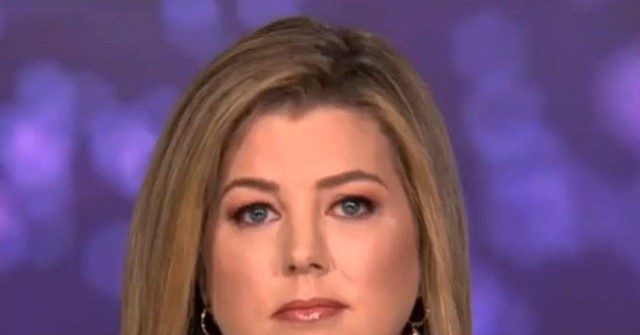On a recent episode of CNN’s “News Central,” host Brianna Keilar pressed Democratic Representative Dan Goldman from New York regarding his previous statements supporting President Joe Biden’s declaration that he would not pardon his son, Hunter Biden. This inquiry led to a reflection on an earlier commitment made by Biden during July 2023, shortly after Hunter’s plea deal fell through. Keilar played a clip of Goldman’s past remarks to underscore the depth of his endorsement. This focus on Biden’s stance suggests the increasing scrutiny and speculation surrounding the implications of a potential presidential pardon for Hunter, particularly in the context of ongoing legal challenges facing the president’s son.
During a separate discussion on ABC’s “This Week,” host Jonathan Karl further probed Goldman by asking if he believed a pardon for Hunter would be a mistake. Goldman responded firmly, asserting that he sees no possibility of Biden issuing such a pardon. He contrasted President Biden’s approach with that of his predecessor, Donald Trump, who was known for granting pardons to associates and allies. Goldman highlighted the commitment to an independent investigation by pointing out that a Trump-appointed U.S. attorney continued to oversee Hunter Biden’s case. This emphasis on judicial independence suggests a belief in the robustness of the legal process at play, notwithstanding the political pressures that often accompany high-profile cases.
Keilar’s questioning turned introspective as she prompted Goldman to reflect on the emotional weight of his previous assurances regarding Biden’s intentions. Goldman acknowledged feeling disappointed that the situation deviated from the expected, especially with the plea deal’s collapse. The acknowledgment of the external influences, such as Republican congressional intervention, further complicated the narrative, marking this legal process as inherently unusual compared to standard prosecutions. Goldman noted that retrospectively, recognizing the exceptional nature of Hunter Biden’s situation would have helped temper expectations.
The discourse shifted to the notion of fairness in prosecution, with Goldman reiterating a belief that Hunter Biden’s legal challenges would likely not have arisen if he had been an average citizen rather than the president’s son. This sentiment reflects a broader concern regarding perceived disparities in the justice system, particularly in politically charged cases. Goldman’s comments illuminate a natural apprehension among politicians when entrenched in a politically sensitive legal environment, particularly when familial relationships and accusations of bias are at play.
Goldman’s perspective seems to evoke a depiction of the current legal landscape facing Hunter Biden as reflective of broader societal tensions, wherein the intersections of privilege, power, and prosecution evoke skepticism. By emphasizing the unprecedented nature of the legal challenges that have confronted Hunter, Goldman aligns himself with a narrative that questions the motivations behind the charges and their timing. Such sentiments suggest a desire among Democratic representatives to defend their party against accusations of bias, portraying Biden’s administration as committed to equitable treatment under the law.
As the political fallout from the ongoing investigation continues to unfold, it’s clear that the dialogue surrounding presidential pardons, judicial independence, and the ethical obligations of public officials will remain in the spotlight. Goldman’s responses encapsulate the complex nature of political loyalties intertwined with familial bonds, and their implications in the era of heightened partisan scrutiny. This evolving narrative reflects not only the individual case of Hunter Biden but also raises broader questions about accountability, fairness, and the intricate dance of politics and justice in contemporary America.

